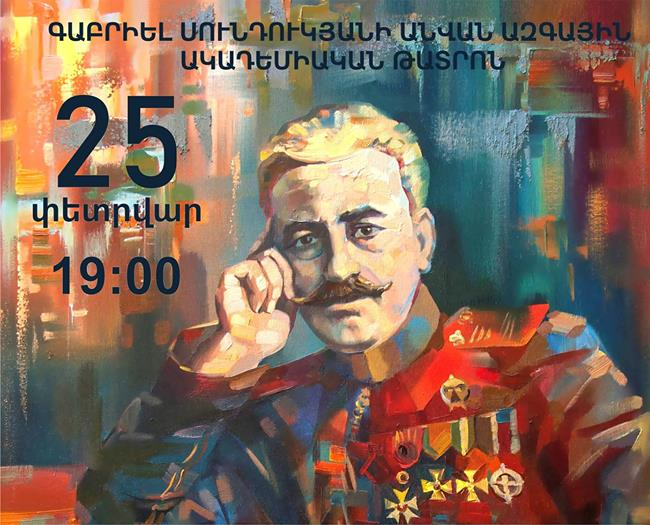“Loutki” is one of Van dances. The root of the word “ Loutki” is “luyt”. The verbs “lutal, lutanal” and the noun “lutanq” were derived from this word. “Lutanal, lutal” means to attack somebody scolding, to disgrace, to curse.
Witchcraft and wizardry was not the only function of old voodoo priests. All sure of themselves, they also drew trouble to their enemies and people they disliked, like the little birds were treated by their totemic ancestor the Katak bird. These functions, already deprived of their bewitching meaning, went down to the jokers and clowns, the heirs of the voodoo priests, who got the right to discover, to mock and scold others’ reprehensible deeds. With their mockery and wit they cheered up a group of people, denouncing and publicly reprimanding the others, which later became a social struggle tool, a weapon in the hand of the exploited against the exploiters. The root of the word “Loutki” confirms that it has a relation with these clown-jokers’ dances.
All the movements of the dance “Loutki” express sparkling joy. This is a clown’s joke-dance. It used to be danced by men alone, and only recently it has become a mixed type of dance, involving both men and women.
In “loutki” the stamping is done by the entire bottom of foot and toe. They stand side by side, not changing this position even during the turns, the handhold is by little fingers, the ankles are bent at the right angle. Forearms are stretched on the level of waist and are nearly motionless.


